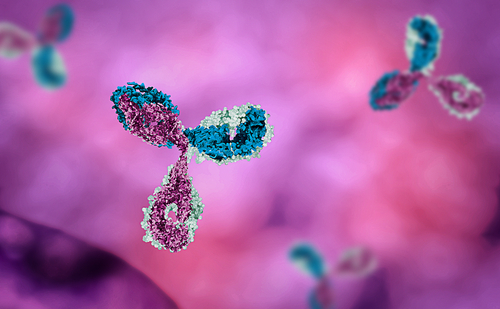This post was originally published on this site
I-Mab Biopharma is planning the first-in-human U.S. clinical study evaluating the safety, tolerability, and efficacy of its investigational candidate TJC4 as a treatment for solid tumors and lymphoma.
The Phase 1/1b trial will explore TJC4 alone and in combination with other therapies, and is expected to launch across multiple sites in the United States in the second quarter of 2019.
The trial follows the approval of I-Mab’s investigational new drug (IND) application for TJC4 by the U.S. Food and Drug Administration (FDA). TJC4 is the company’s third candidate approved for clinical trials by the FDA within a month.
“This approval lays the foundation for I-Mab’s global clinical development of our innovative and globally competitive proprietary candidates in the field of immuno-oncology,” Joan Shen, MD, PhD, head of research and development at I-Mab, said in a press release.
TJC4 is a new monoclonal antibody that targets a unique sequence of the CD47 protein, one of the most promising immuno-oncology targets identified to date, the company says on its website.
CD47 is a protein produced by several types of cancer cells that send a “don’t eat me” signal to macrophages, immune cells that engulf tumor cells and present their parts to immune T-cells, priming them into fighting the cancer.
CD47 works by binding to the SIRPα protein on macrophages, and thus, multiple treatment candidates have been developed to target this interaction. However, most agents targeting CD47 also bind to red blood cells and platelets and cause them to aggregate, leading to severe blood toxicity.
Such off-target effects — including anemia, low platelet levels, and reduced activity of the CD47-targeting agents — have been described in preclinical and clinical studies.
I-Mab’s new-generation anti-CD47 antibody, however, was selected to avoid binding to red blood cells. Thus, TJC4 has a lower risk for blood toxicity and caused no red blood cell aggregates in laboratory experiments and in non-human primate studies. It also showed promising anti-tumor activity in animal models of blood cancers and solid tumors, both alone and in combination with other therapies.
“We believe that the unique epitope and potential better safety profile clearly differentiate TJC4 from other agents targeting CD47/SIRPα pathway in development, which may translate into improved clinical benefits to patients with various types of malignancies,” Shen said.
The post FDA OKs Phase 1 Trial to Test TJC4 in Solid Tumors, Lymphoma appeared first on Lymphoma News Today.
The post FDA OKs Phase 1 Trial to Test TJC4 in Solid Tumors, Lymphoma appeared first on BioNewsFeeds.


